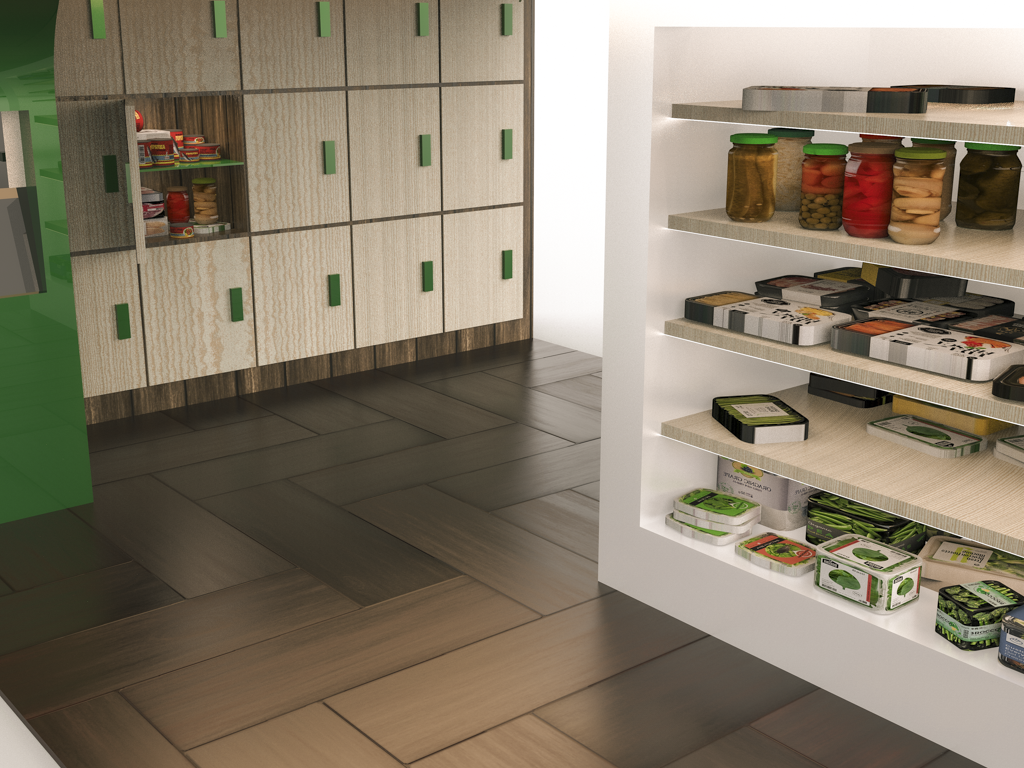
ROLE
Service Designer
SKILLS
Spatial Mapping, Systems Thinking, Stakeholder Research, Service Concepting
TIMELINE
Jan 2025
TEAM
Yixuan Lyu, Xinwei Ye, Sonika Yenamandra
Reimagining equitable and dignified food access for local resilience.
The Pantry Preserve redefines how the Waltham Forest community accesses nourishment through a network of shared food lockers. This initiative aims to provide dignified, 24/7 access to nutritious ingredients, turning food aid into a civic service built on equity and care.
This project was developed during the RCA Grand Challenge 2025 & selected as one of the top 18 teams.
Background & Context
Food Insecurity in London and Waltham Forest
Food insecurity is a growing challenge across the UK, with one in five households struggling to access quality, affordable food. Waltham Forest is particularly affected, with many individuals being unable to eat enough proper meals:

RESEARCH
Investigating the Borough
To understand why Waltham Forest experiences such high levels of food insecurity, we combined spatial mapping, ethnographic observation, and expert consultations:
Spatial Mapping
We mapped council housing, supermarkets, and food banks across the borough to understand residents’ proximity to food resources. This highlighted “food desert” areas, particularly in Chingford, where access to affordable, nutritious food is limited.
Ethnographic Observation
Field visits to areas like Chingford and Walthamstow revealed that many residents live far from supermarkets and food support services. While car ownership enables some to overcome these distances, those without cars or with mobility limitations encounter substantial barriers.
Expert Consultations
Conversations with The Hornbeam Centre revealed systemic issues within Waltham Forest’s food support network. Staff described operational challenges including overcrowding, limited staffing, and logistical constraints.
They also noted that referral-based systems and the stigma surrounding food aid can be a big barrier to seeking resources.
Building Community Ownership & Resilience
The Pantry Preserve empowers residents to shape and sustain the systems that serve them. By fostering participation, collective responsibility, and co-creation, the project strengthens the borough’s social fabric and builds a resilient community that can better respond to future challenges.
01. Shaped by the People It Serves
Residents influence locker locations and food offerings, ensuring the system reflects local needs and cultural diversity, and fostering a sense of ownership over the resource.
02. Reducing Dependence on Centralized Aid
By distributing food more widely and reliably, The Pantry Preserve eases demand on overcrowded food banks, making the borough’s overall food system more adaptable and sustainable over time.
03. Strengthening Local Networks
The project brings residents, food providers, and community organizations together, creating stronger local networks that help the community respond to future challenges.



